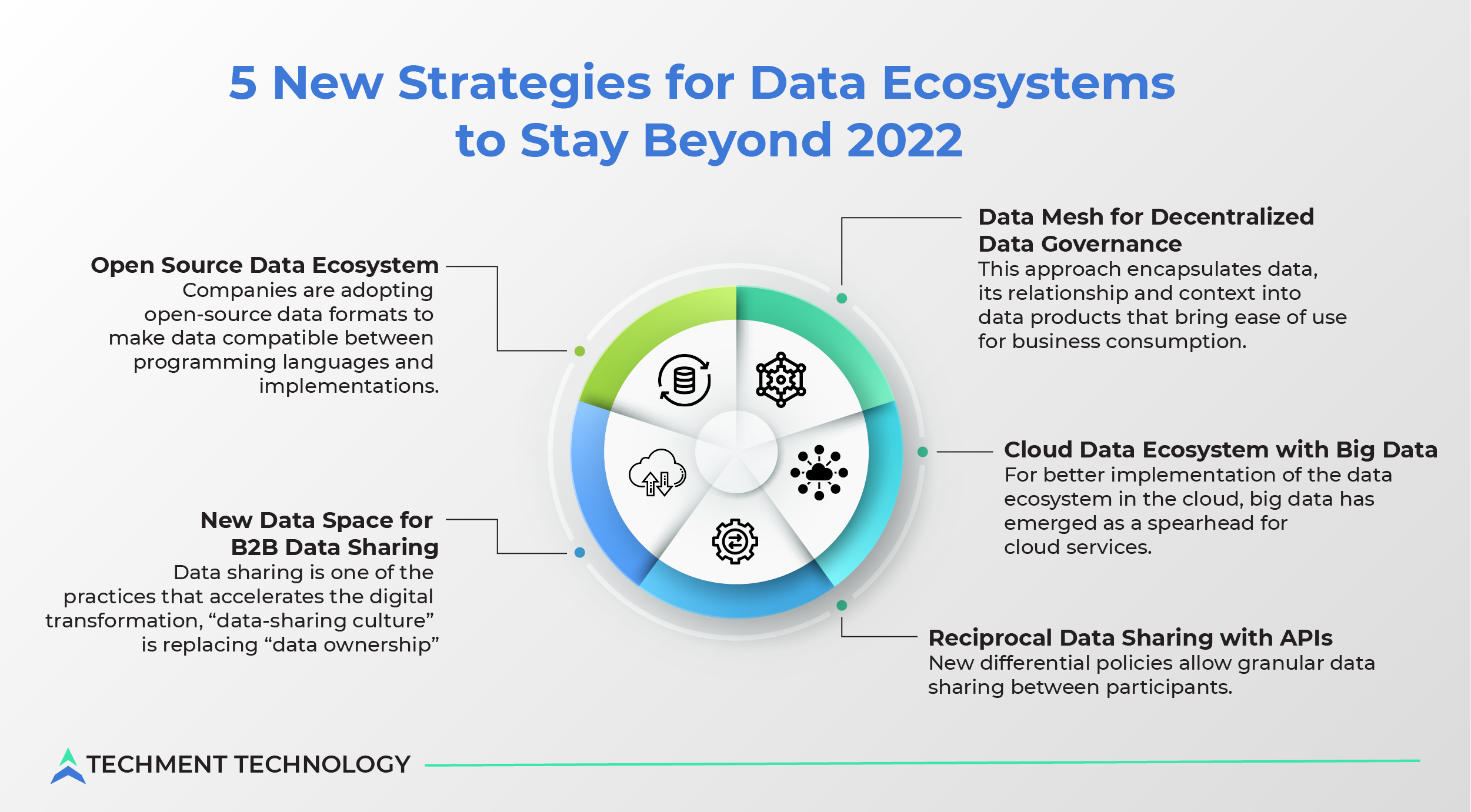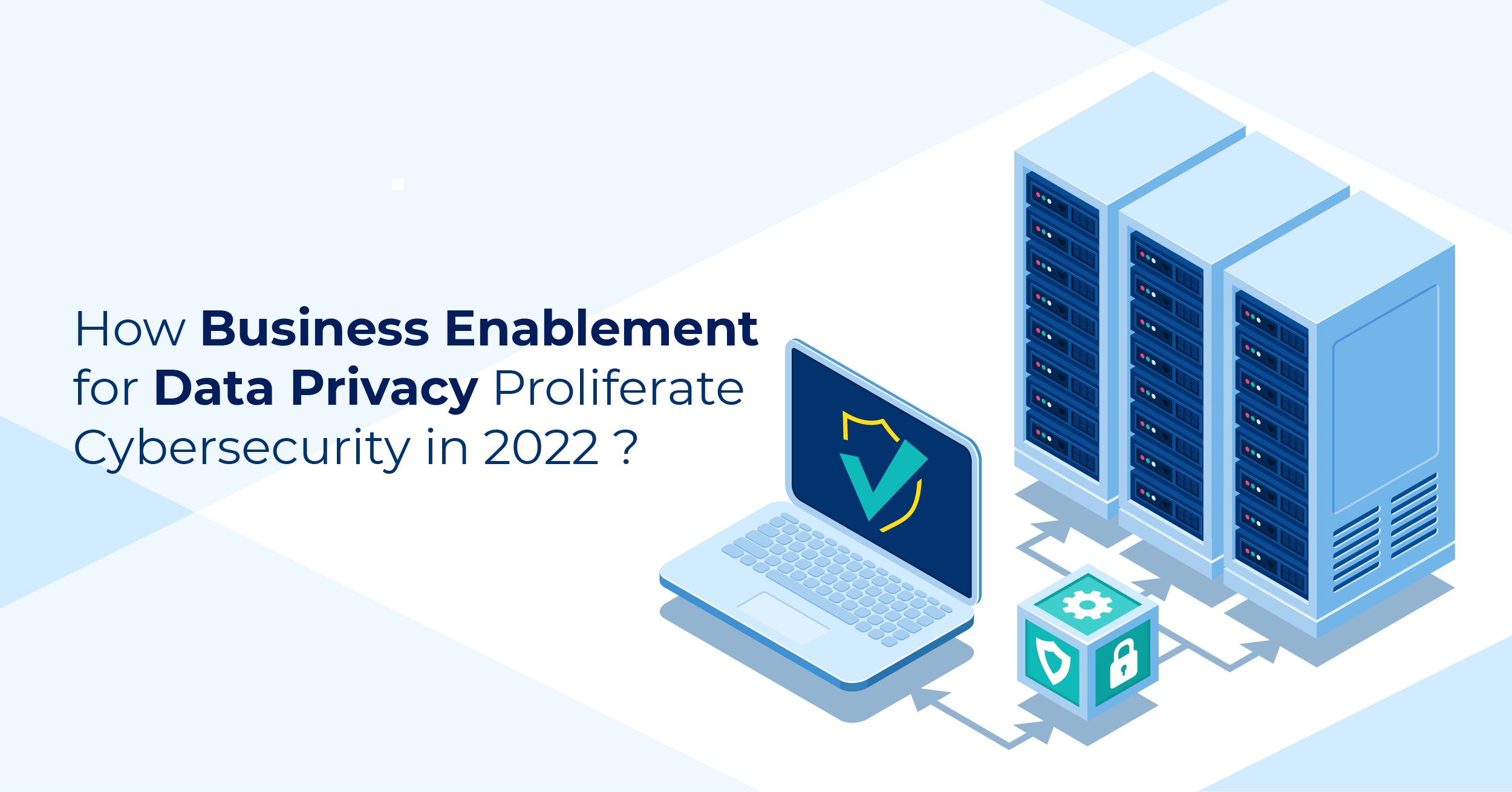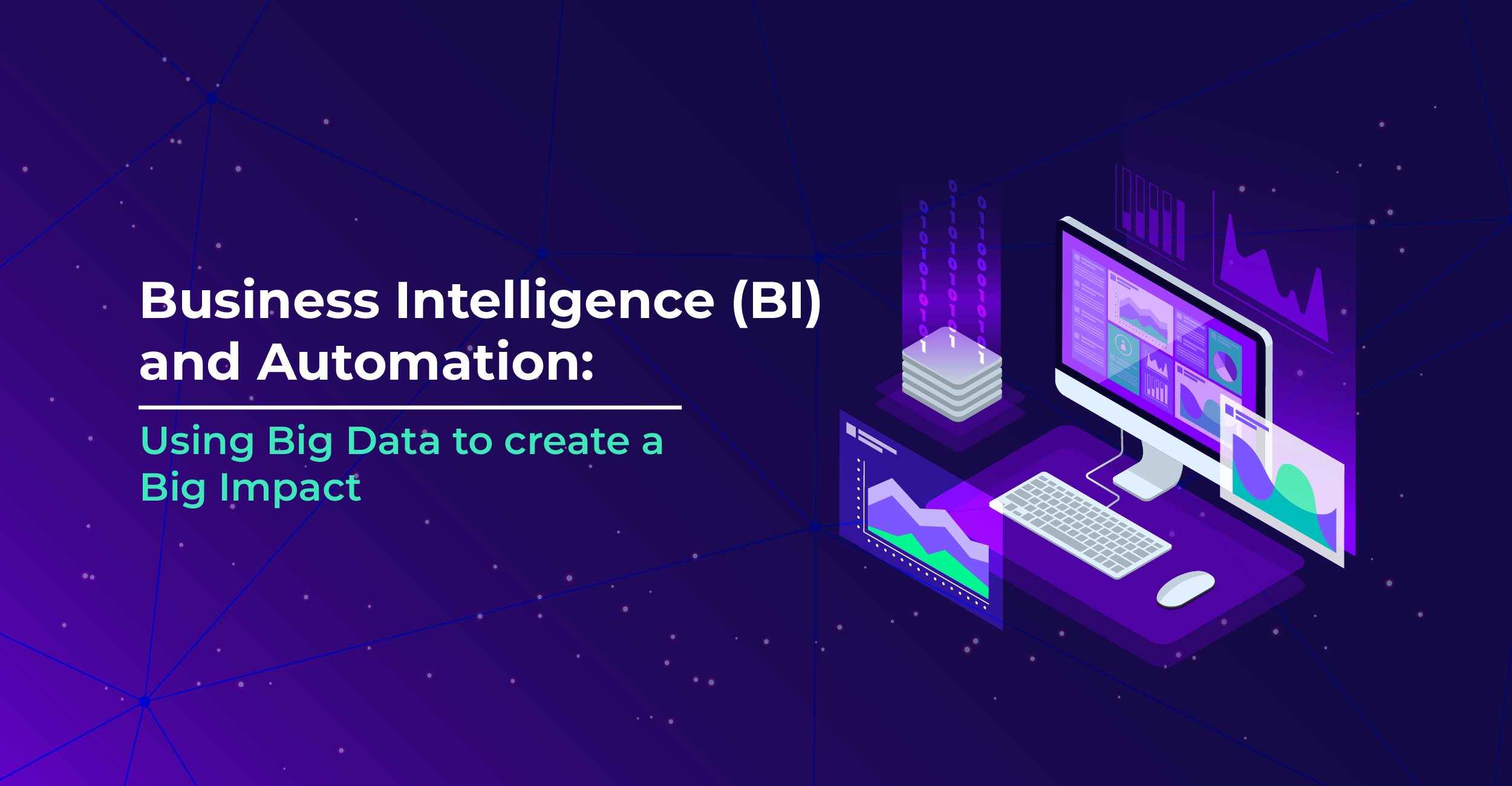Decentralized Systems are Trending in Data Ecosystems
With organizations moving towards digitalization, the diversity in the working process and culture of organizations have created new values like leveraging new technologies, moving towards excellence in business competence, and aligning their business goals. Sharing information and exchange of data has become the vanguard in making organizations perform well in analytics and helps in decision-making. It has gained popularity with rising technologies like artificial intelligence (AI) and Internet of Things (IoT) has increased the efficiency of solving problems, understanding customer behavior, and improving the processes in organizations.
The large constitutions or ecosystem when formed for a common purpose, increase the influence of solutions provided and survive disruption. Similar is the data ecosystem which is a platform or ecosystems like an IoT environment or a marketplace or simply data sharing between companies, that combines data from various providers and manages data to create new values which would not have been possible with the siloed system. In collaboration, similar organizations pursue a common goal and smooth interoperability can be guaranteed by making agreements on technology in the organizational and legal aspects.
At present decentralized approaches for collaborative data use are trending because of their nature of protecting data confidentiality. While in terms of transparency, open-source is still highly recognized by businesses that are fuelling trust with stakeholders. To dive deeper in search of a solution for sharing information, collaborative data ecosystems are becoming a norm which is pushing people to develop their collaborative capabilities to ensure value creation.
5 New Strategies for Data Ecosystems to Stay Beyond 2022
Today, companies collect huge amounts of data to better understand their customers and make more informed business decisions. To be successful, businesses must be able to connect the dots between various data sources and data types and search how collaboration in the data ecosystem can bring meaningful action.

- Open Source Data Ecosystem: For decades, businesses have relied on traditional databases or warehouses, a primarily proprietary centralized repository where structured data is stored and processed. More and more companies are adopting open-source data formats to make data compatible between programming languages and implementations.
Open-source data formats such as columnar data storage, memory format for analysis, artificial intelligence, and machine learning mean that businesses can use their data in all their current and future tools, rather than being locked away with suppliers with proprietary or incompatible formats. With open and immediately usable formats, businesses can store huge amounts of data and directly perform business analysis without time-consuming and expensive software implementations that require data transformation.
This provides increased flexibility and freedom to contribute to the industry-wide community. A myriad of data types, at all scales, powering meaningful and relevant insights can be accessed by companies while always preserving the richness of the underlying information. - New Data Space for B2B Data Sharing: Businesses often use unused finite data resources and are also restricted due to economic practices of the B2B data market as to what level data should be shared and whether it justifies public policies of data sharing. But since data sharing is one of the practices that accelerates the digital transformation, “data-sharing culture” is replacing “data ownership”
Data space is the concept that defines the interaction of different data technological components in order to promote cross-company data sharing while adhering to sovereignty principles. This describes the technical specifications like API, standards, and governance to allow sharing of data between organizations without central data storage. This encourages both IT and people culture for data sharing in B2B and emphasizes sharing only operational data among partners and is surely enabling new business models for data sharing, authentication, and government policies.
The European Union’s “Common European Data Space” is an example of data space, which is available for use in the economy and society, keeping companies and individuals in control. - Data Mesh for Decentralized Data Governance: Organizations want to organize their data analytical capability, its access and how it is managed into business domain and operations. The long age practice of centralized data lake managed by data teams to provide value is challenged by broken links between analytical and transactional systems.
Centralized data systems like data warehouses fail to meet the real-time response. “Data Mesh” is an architecture pattern that takes a new approach of domain-driven distributed architecture and decentralization of data. This decentralized strategy distributes data ownership to domain-specific teams that manage, own, and serve data as a product.
This approach encapsulates data, its relationship and context into data products that bring ease of use for business consumption. This data mesh acts as a link between application and analytical system.
KPMG provides data mesh to IBM Cloud Pak provides a 360 degree view of data that enables resources to focus on activities such as data analytics and insight generation while governing and securing data across enterprises. - Cloud Data Ecosystem with Big Data: To become a data-driven company there exist certain challenges like extracting data to learn from the past, predict the future, and obtain business value. These challenges can be seen in terms of technology or culture, so companies are prioritizing the shifting of platforms to the cloud or building platforms from scratch. For better implementation of the data ecosystem in the cloud, big data has emerged as a spearhead for cloud services.
It’s way better than the traditional cloud data ecosystem. Traditional cloud service has little to contribute because they only perform the transmission of data to users whereas cloud service in the big data ecosystem can also predict traffic flow in a specific period using big data analysis. - Reciprocal Data Sharing with APIs: With the advent of new digital technologies the capability of data storing, accessing, and transferring has increased which has changed customer behavior. The massive use of data has brought a threat to data privacy and security. This led to the emergence of the reciprocal data-sharing ecosystem to share data and insight under locally applicable rules to create new value for participants of the ecosystem. New differential policies allow granular data sharing between participants.
In such a collaborative network, APIs prove to be the standard method of data exchange framework. This seems more collaborative as one partner is the dominant player and other partners also value these data insights.
Data ecosystems have the potential to generate significant value. However, there are some barriers to establishing an ecosystem so companies need to understand the ecosystem landscape, find out which business model works and ensure team participation.
Data Governance will Form Better Data Ecosystem
There is no one-size-fits-all approach to optimizing your business data ecosystem. However, there are two concepts you can keep in mind as you work to achieve the right fit; democratizing data, and establishing strong data governance. One of the main benefits of good data management is that everyone has access to information.
As data ecosystems evolve and more data is being shared, a more sophisticated data model will often be required to support the linking of disparate data. They will likely need to implement graphical knowledge that provides a high degree of flexibility in the process. These models also need to support data governance by restricting access and use to specific data elements based on data sharing agreements but all these are based on use cases.
Techment Technology can assist with prescribing the right data ecosystem tailored for your organization’s needs and knowing what advancements you need for building the right data architecture.
 All Posts
All Posts


